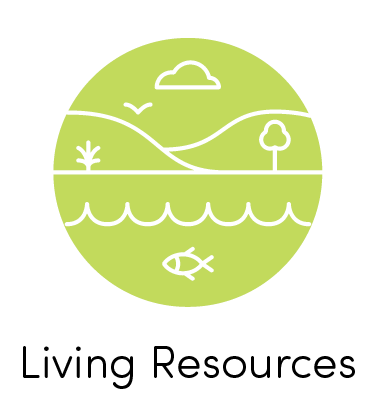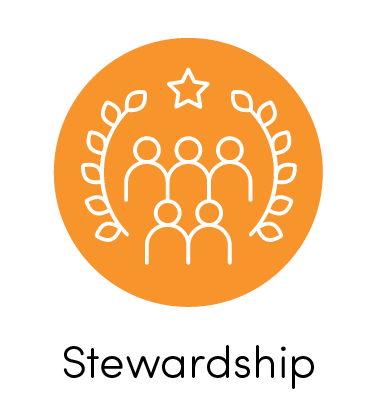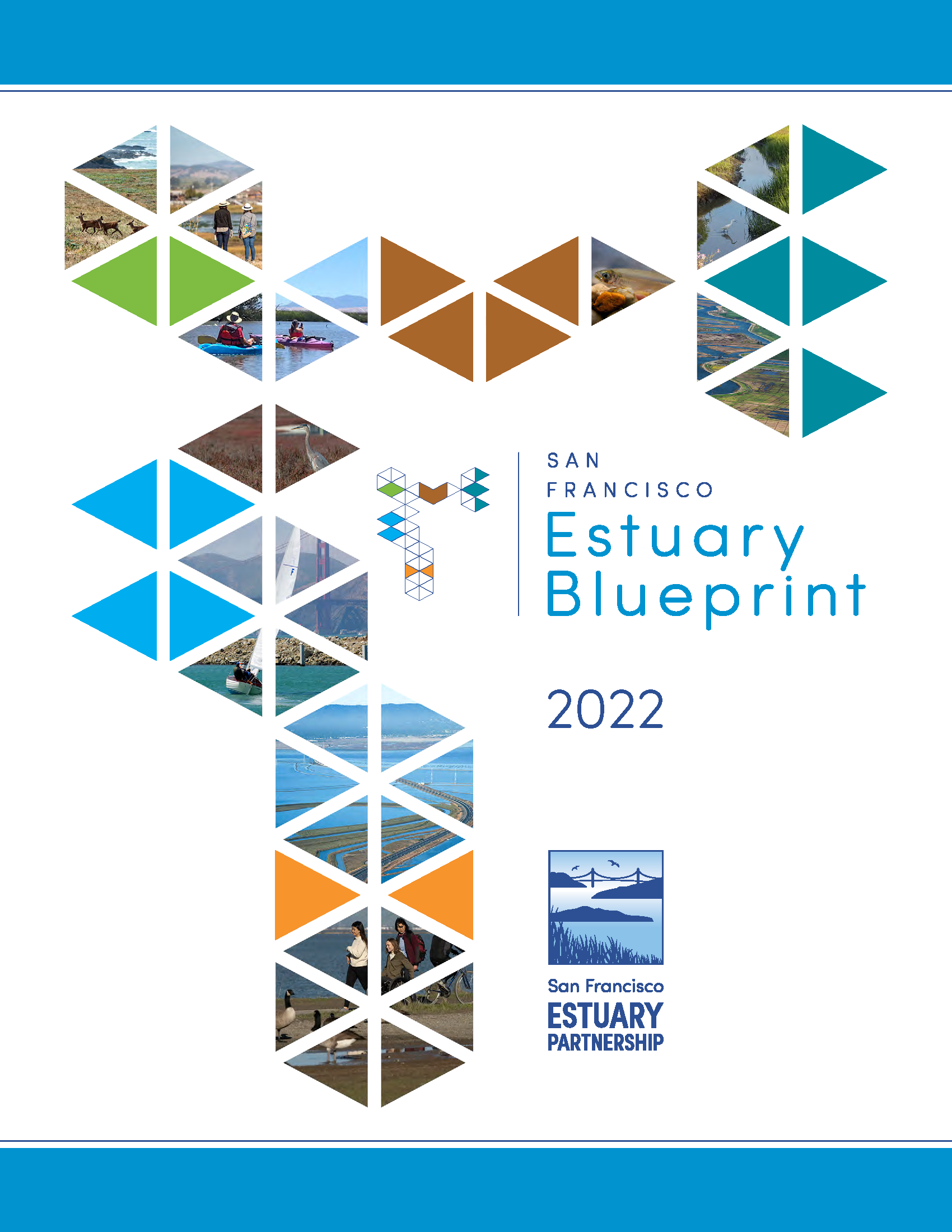Action 8: Wetland Monitoring
← Back to Estuary Blueprint Actions
Implement a Wetlands Regional Monitoring Program.
Implement a Wetlands Regional Monitoring Program (WRMP) for the Bay Area and the Delta to help local, regional, state, and federal agencies evaluate the effectiveness of efforts to sustain healthy aquatic habitats and resources.
Overview
The Wetlands Regional Monitoring Program (WRMP) will improve understanding of the condition of tidal wetlands at a regional scale and support the design, implementation, and adaptive management of restoration projects. Monitoring and analysis will address landscape-scale drivers impacting restored and mature wetlands to help inform climate change adaptation and priority responses at a regional level. The WRMP development process was initially started with the 2016 Estuary Blueprint revision and has fostered regional support for the program. The program engages a broad range of stakeholders, including regulators,
land managers, scientists, and community-based organizations.
Task Description
Develop the WRMP Monitoring Network through the establishment of benchmark, reference, and restoration project sites.Task Lead(s)
San Francisco Estuary Institute, San Francisco Estuary PartnershipTask Collaborating Partner(s)
California Department of Fish & Wildlife, National Oceanic and Atmospheric Administration, San Francisco Bay Conservation & Development Commission, San Francisco Bay Regional Water Quality Control Board, U.S. Army Corps of Engineers), U.S. Environmental Protection Agency, U.S. Fish & Wildlife Service, U.S. Geological Survey, WRMP Steering Committee (San Francisco Bay National Estuarine Research Reserve, WRMP Technical Advisory Committee)Cost Estimate Key
|
Cost Estimate
$$Milestone(s)
Five monitoring sites with biogeographic representation within San Francisco Bay.Task Description
Determine how efforts to restore tidal marshes affect the distribution, abundance, and health of plants and animals and coordinate with related monitoring efforts, including the State of the Birds reporting.Task Lead(s)
San Francisco Estuary InstituteTask Collaborating Partner(s)
WRMP Steering Committee and WRMP Technical Advisory CommitteeCost Estimate Key
|
Cost Estimate
$Milestone(s)
One to two Standard Operating Procedures for biological and ecological indicators.Task Description
Identify sustainable funding for the WRMP to support science, data management, and administration, and develop a strategy that is tied to the sources of funding.Task Lead(s)
San Francisco Estuary Institute, San Francisco Estuary PartnershipTask Collaborating Partner(s)
San Francisco Bay National Estuarine Research Reserve, San Francisco Bay Regional Water Quality Control Board, U.S. Environmental Protection Agency, U.S. Geological Survey, and othersCost Estimate Key
|
Cost Estimate
$$Milestone(s)
New funding sources secured for the WRMP.Task Description
Ensure that WRMP outreach and engagement includes diverse audiences. Increase engagement with community representatives, social science and community-based science, and Traditional Ecological Knowledge on the Steering Committee, Technical Advisory Committee, and in development of social indicators to monitor connections between people and wetlands. Examples may include cultural use, recreation, education and training opportunities, and flood protection.Task Lead(s)
San Francisco Estuary Institute, San Francisco Estuary PartnershipTask Collaborating Partner(s)
WRMP Steering Committee and WRMP Technical Advisory CommitteeCost Estimate Key
|
Cost Estimate
$$Milestone(s)
Standard Operating Procedures to monitor connections between people and wetlands.Task Description
Strengthen partnerships and monitoring coordination between the lower and upper San Francisco Estuary.Task Lead(s)
Delta Stewardship Council, San Francisco Bay National Estuarine Research Reserve, San Francisco Estuary Institute, San Francisco Estuary Partnership, WRMP Technical Advisory Committee Chair & Vice ChairTask Collaborating Partner(s)
WRMP Steering Committee and WRMP Technical Advisory CommitteeCost Estimate Key
|
Cost Estimate
$Milestone(s)
Workgroup to increase coordination between the Delta Interagency Ecological Program and the WRMP Technical Advisory Committee.Task Description
Task Lead(s)
Task Collaborating Partner(s)
Cost Estimate Key
|
Cost Estimate
Milestone(s)
Task Description
Task Lead(s)
Task Collaborating Partner(s)
Cost Estimate Key
|
Cost Estimate
Milestone(s)
Task Description
Task Lead(s)
Task Collaborating Partner(s)
Cost Estimate Key
|
Cost Estimate
Milestone(s)
Updates and Emerging Issues
Revised and new Tasks reflect next steps to move the program from development to implementation and increase its relevance to broader stakeholder groups.
Climate Change Considerations
Climate change will not directly impact implementation of the WRMP; however, the vulnerability of tidal wetlands to climate stressors (see Action 10) makes the role of the WRMP in evaluating changes and recommending management actions more essential.
Equity Considerations
Task 8.4 specifically focuses on incorporating an equity lens into the WRMP, including engaging new stakeholders and expertise on WRMP committees, in outreach, and in development of ecosystem services indicators.
Blueprint Goals



Connections to Other Actions
Watershed connections provide unique habitat and ecosystem services closely related to or dependent upon:
Action 5: Watershed Connections
Action 6: Sediment
Action 9: Intertidal / Subtidal Habitats
Action 10: Tidal Marsh
Action 11: Transition Zones
Action 12: Managed Wetlands
Action 13: Seasonal Wetlands
Action 15: Invasive Species
